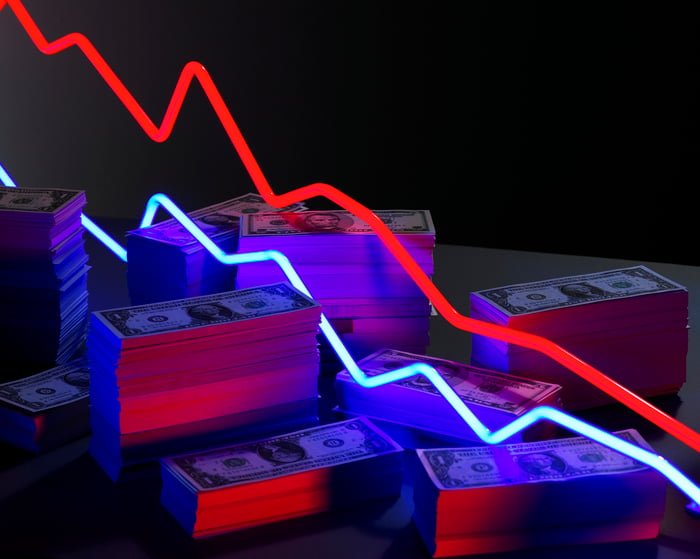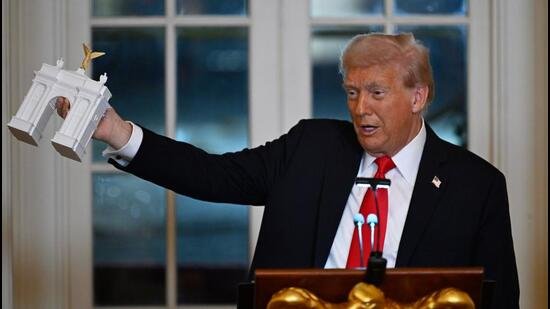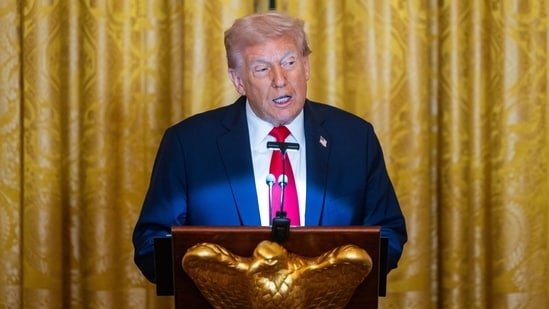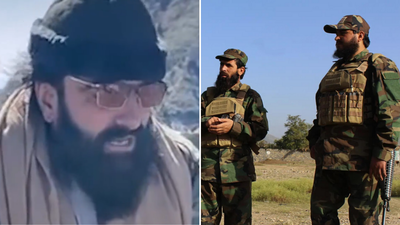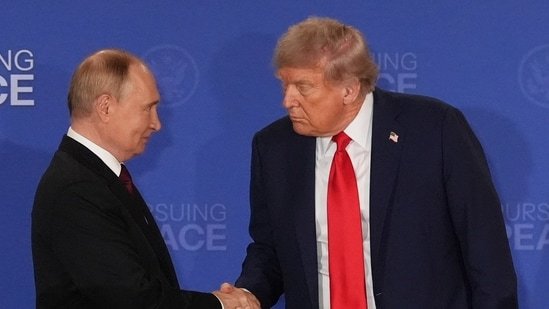“This is not a coup,” said Michael Randrianirina, after launching a coup in Madagascar on October 12th. A colonel in an elite military unit known as CAPSAT, Mr Randrianirina appointed himself interim president on October 14th, saying that he was answering the “incessant call of the Malagasy people”. Over the past few weeks protesters have taken to the streets of Antananarivo, the capital, to demonstrate against Andry Rajoelina, hitherto the president. Mr Rajoelina fled the country in a military aircraft belonging to the former colonial power, France. He is now reportedly in Dubai, pledging to return to power, but his chances appear slim.

Events in Madagascar can be seen as exemplifying two trends. One is the rise of self-styled Gen Z protests globally. Last month demonstrators in Nepal, whose iconography was copied by Malagasy and Indonesian protesters, forced their prime minister’s resignation. Young people in Kenya, Peru and Bangladesh have also taken to the streets over the past two years. The other is the spate of coups in Africa. Madagascar’s is the tenth successful African putsch of the 2020s, a decade that has already seen more coups than the 2000s or the 2010s. For though the youth with slogans exposed the weakness of the Rajoelina regime, it was the men with guns who toppled it. The question is if, unlike in the other cases, the army will relinquish power.
So far many Malagasy seem to be giving Mr Randrianirina the benefit of the doubt. They point to their other political crises of the 21st century to suggest that there will eventually be a return to civilian rule. In 2002 the army helped avert a civil war after a rigged election by eventually siding with the candidate who genuinely won. In 2009, much like today, protests against the government of the time prompted a coup led by CAPSaT, which ultimately ceded power to Mr Rajoelina. He has led Madagascar for most of the time since, helped by some dubious election wins.
The former DJ and his circle soon became widely despised. On the island almost 70% of people live on less than $3 per day, one of the highest shares in the world. Meanwhile a small elite is fabulously wealthy. “Successive regimes have seen the country and its natural resources as their own property, not that of Malagasy,” says Ketakandriana Rafitoson, an anti-corruption campaigner.
Much may depend on Mr Randrianirina himself. The 51-year-old is a little known figure, even in Madagascar. He was not a major player in 2009. In 2023 he was given a one-year suspended sentence for his role in an alleged mutiny. Notably, he is from the dirt-poor south of the country, which is regularly impacted by drought. By contrast most political elites are from the central highlands of the country. He may therefore present himself as an outsider who can represent the downtrodden.
Upon taking power the new president said “power belongs to the people, not to me”. He has pledged to hold elections within the next two years. But across Africa military men have made similar promises, only to break them.

All Access.
One Subscription.
Get 360° coverage—from daily headlines
to 100 year archives.

E-Paper

Full Archives

Full Access to
HT App & Website

Games
Already subscribed? Login

